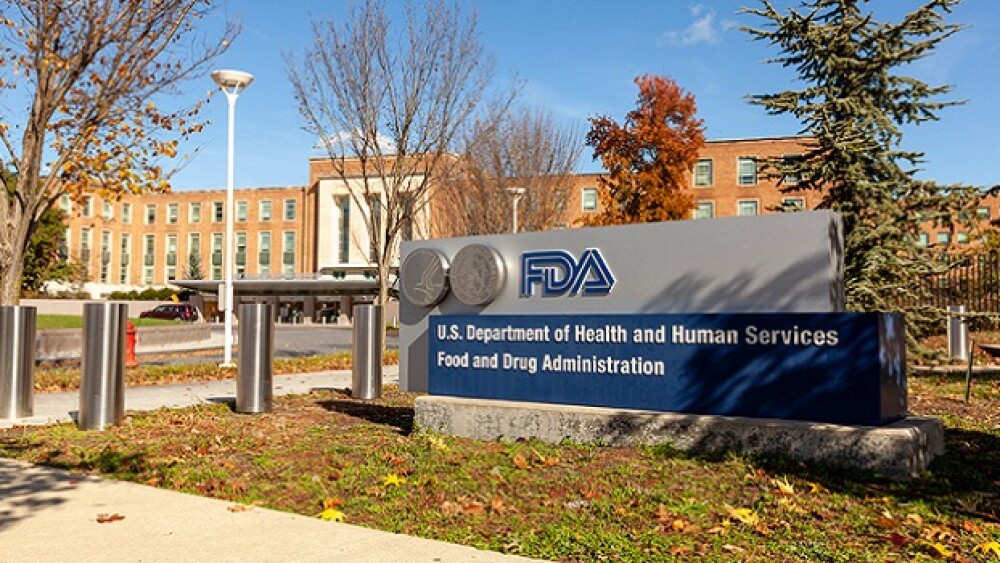April 5, 2016
By Alex Keown, BioSpace.com Breaking News Staff
LAVAL, Quebec – Disappointing sales of Addyi, the so-called female Viagra, has prompted Valeant Pharmaceuticals to terminate the drug’s external sales force, Bloomberg reported this morning.
Valeant acquired the drug in its $1 billion August acquisition of North Carolina-based Sprout shortly after the drug gained regulatory approval. A few months following the deal, Cindy Whitehead, Sprout’s chief executive officer, stepped down from the company, saying she had accomplished what she set out to do. Since its launch, the drug has had difficulty gaining traction in the marketplace, which was something that outgoing Valeant chief Mike Pearson said in an internal memo, Bloomberg said.
“While the former team did a great job getting regulatory approval for Addyi, and despite our best efforts with respect to commercialization, sales of Addyi have not met our expectations yet,” Pearson said in the memo.
But, Bloomberg noted the company is not done trying to market the drug. It plans on using an internal sales force to market the drug, Bloomberg said.
The external sales force for Addyi came with the acquisition. There are about 140 members of that team, Bloomberg noted. In addition to those terminations, Bloomberg said Valeant is also terminating “about 140 employees across its dermatology, gastrointestinal and women’s health divisions.” The dermatology division will take the brunt of the layoffs, according to reports. Part of the company’s justification for the terminations of its dermatological sales force was reports from the medical community that there were “too many people calling on them to discuss closely related products,” according to the Pearson memo.
Valeant’s dermatology business has suffered since the company severed ties with its specialty pharmacy company Philidor Rx Services. Philidor accounted for 6.8 percent of Valeant’s revenue during the third-quarter of 2015. Valeant’s top dermatology executive Deb Jorn, who was responsible for running the company’s U.S. dermatology and gastrointestinal businesses, resigned in March.
Addyi was approved by the U.S. Food and Drug Administration for a low sex drive, called hypoactive sexual desire disorder (HSDD) in premenopausal women, after being rejected twice by the regulatory agency in 2010 and 2013. Unlike the drug’s oft-compared male counterpart Viagra, Addyi addresses desire, not performance. Another difference between male erectile dysfunction drugs, Addyi is a once-daily dose that takes some time before the patient begins to see a difference in sexual desire. In clinical trials, patients began to show desire after about four weeks.
Since Addyi has become available, the drug has seen dismal sales The drug became available Oct. 17 and within the first few weeks, only 227 prescriptions had been written. After Addyi was approved, Sprout said the medication will only be able to be prescribed by pharmacies certified by Sprout and will require training on counseling patients on the risks and side effects, especially the interaction with alcohol. So far the company has been able to train 5,600 physicians, about 1 percent of obstetricians and general practitioners who might be able to prescribe the drug, Bloomberg reported in November 2015.
Since Valeant’s acquisition of Sprout, some of that company’s original investors have criticized the Canadian-based company’s efforts in marketing the drug, Bloomberg noted. In March, some of those investors sent Valeant executives a letter criticizing the company’s failures to “successfully commercialize the treatment by setting the price too high and neglecting to market it.” Those investors sought assurances that Valeant would keep a sales team of about 150 to market Addyi. Pearson’s memo did not say how many sales team members he planned to use to market Addyi, Bloomberg noted.





